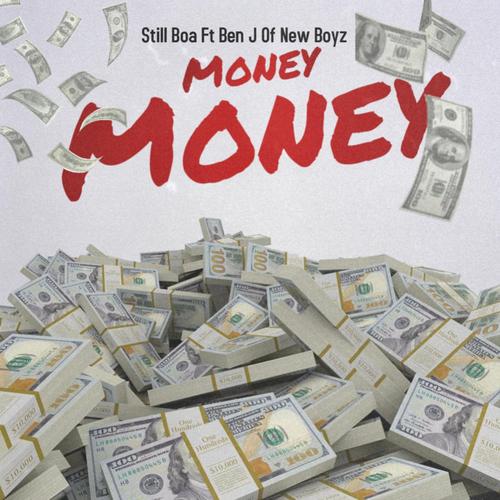Understanding the Concept of “Money on the Game”
Have you ever wondered what “money on the game” means? It’s a term that’s often used in the context of online gaming and betting. In this article, we’ll delve into what it entails, how it works, and its implications for both players and developers.
What is “Money on the Game”?
“Money on the game” refers to the process of using real money to purchase in-game items, services, or to participate in betting activities within a game. This concept is prevalent in various online games, including mobile, PC, and console games. It’s a way for game developers to generate revenue and for players to enhance their gaming experience.

Types of Money on the Game
There are several ways in which “money on the game” can manifest:
| Type | Description |
|---|---|
| In-game purchases | Players can buy virtual items, such as skins, weapons, or characters, to customize their gaming experience. |
| Betting | Some games offer betting options, allowing players to wager real money on various outcomes within the game. |
| Subscription services | Players can pay a monthly fee to access exclusive content, features, or benefits within the game. |
| Microtransactions | Small purchases, such as additional lives or power-ups, that can be made within the game. |
Benefits of Money on the Game
For players, “money on the game” offers several benefits:
-
Enhanced gaming experience: Players can customize their characters, weapons, and other in-game items to suit their preferences.
-
Access to exclusive content: By spending money on the game, players can gain access to exclusive features, levels, or items that are not available to free players.
-
Competitive advantage: In some games, spending money can provide players with an edge over their competitors, such as better equipment or faster character progression.
Challenges and Risks of Money on the Game
While “money on the game” offers numerous benefits, it also comes with its own set of challenges and risks:
-
Financial risk: Spending money on in-game items or betting can lead to financial loss, especially for players who are not careful with their spending.
-
Addiction: Some players may become addicted to spending money on the game, leading to negative consequences in their personal and financial lives.
-
Unfairness: In some cases, spending money on the game can create an uneven playing field, as players with more resources may have an unfair advantage over others.
Regulations and Ethical Considerations
As “money on the game” continues to grow in popularity, governments and regulatory bodies are taking notice. Here are some key points to consider:
-
Age restrictions: Many games require players to be of a certain age before they can spend money on the game, to prevent minors from making purchases without their parents’ consent.
-
Transparency: Game developers must be transparent about the costs and risks associated with spending money on the game, to ensure that players are fully aware of what they are getting into.
-
Responsible gaming: Developers and operators should promote responsible gaming practices, such as setting spending limits and providing resources for players who may be struggling with addiction.
Conclusion
“Money on the game” is a complex and multifaceted concept that offers both benefits and risks. As a player, it’s important to be aware of the potential consequences of spending money on the game and to approach it with caution. For developers, it’s crucial to create a balanced and ethical gaming experience that respects the interests of both players and the industry as a whole.
